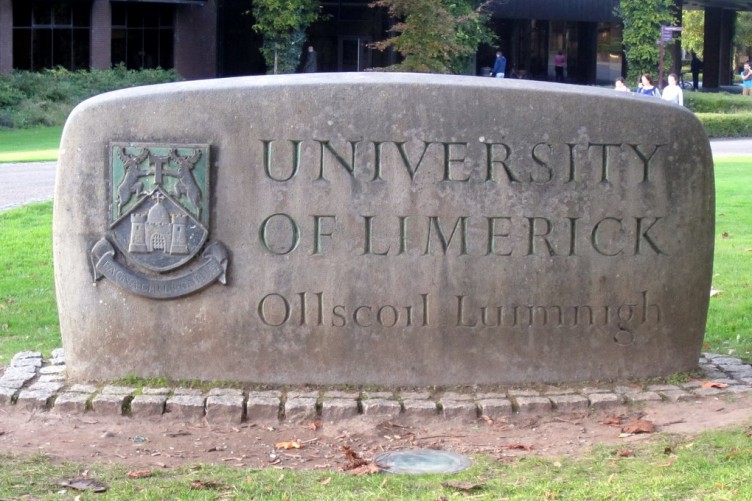After a six-month long investigation, The University of Limerick (UL) has been criticised in a review detailing problems with a series of severance payments and the handling of numerous staff disputes. The controversy had prompted concerns and criticisms from all arms of government, as well as significant public outcry.
The investigation makes a series of significant recommendations for the reform of a university that has been at the centre of scrutiny for months.
The independent review, commissioned by the Higher Education Authority (HEA), probes a total of eight severance payments, totalling €1.7m, which were “several orders of magnitude greater than any other institution under the Department’s jurisdiction”.
The payments were not approved by the university’s governing authority, nor were they communicated to the Department of Education and Skills. The entire management of the payments, the report notes, was “confusing”, with some breaching public pay policy guidelines.
The review was led by Dr Richard Thorn, the President Emeritus of the Institute of Technology, Sligo and the report, published today and partially redacted, offers a strong criticism of practices in the university going back several years.
The review is also critical of the university’s decision to pursue legal action against the Limerick Leader and its then-Editor Alan English. The legal action, against the advice of the HEA, came after the paper reported on the allegations against the university. The decision to take such action, the review states, was “ill-conceived”.
In a press statement today, the Chief Executive of the HEA, Dr Graham Love, said: “Swift and complete implementation of the recommendations in this report by the University will enable a line to be drawn under this story and allow the University and the persons impacted to move on. This is essential for the people involved, for the University, its students and staff, and for the wider higher education sector in Ireland.”
Line by line, the report deconstructs the web of allegations, counter-allegations and complaints that had built up in UL over the last several years. From a series of meetings and interviews, beginning in May, the review catalogues the mistakes and missteps that triggered a national debate about governance issues in Ireland’s colleges and universities.
In a press statement this morning, the Minister for Education, Richard Bruton, said: “I see the culmination of this review as a positive step towards addressing the serious matters which have been raised in relation to the University of Limerick by a number of stakeholders.”
The controversy surrounding UL – brought to national public attention by an RTÉ documentary – prompted calls for greater powers for the Higher Education Authority to investigate Irish universities. Legislation is being prepared that will allow the government to appoint investigators. Love, in an interview with The University Times, offered assurances that third-level institutions’ autonomy wouldn’t be infringed, after concerns had been raised over the proposed new powers.
The entire review – carried out at a cost of €23,627 – deals with events dating back to 2006, with 34 individuals meeting with Thorn and the review group over the last six months.
In May 2017, the university appointed a new president, Dr Des Fitzgerald, who called for the report on his first day in office. In a press statement today, he said the university would formally respond to the report by November 24th.
“Personally, despite the complex management and governance issues this report clearly highlights, what concerns me most of all is what it is says about how UL has treated some of its people in the past”, he said.
“Since I arrived at UL in May, I have emphasised our duty of care as an employer. This report casts light on occasions in the past where UL fell short of this standard”, Fitzgerald added.







